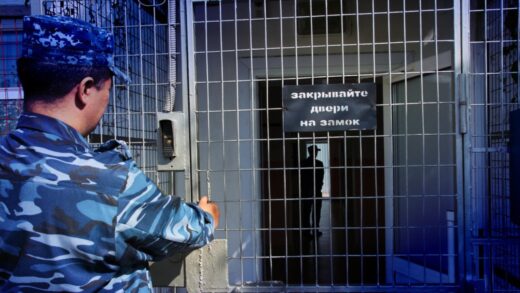The overwhelming majority of Russians in big cities are well aware of the term cryptocurrency but those with a good understanding of the topic are quite a small proportion, a new poll has indicated. Experts say that currency restrictions imposed earlier this year are helping growth in interest and adoption.
Just 6% of Russian internet users understand cryptocurrencies relatively well, although 80% have heard about them. The findings come from a survey conducted by hardware wallet developer Tangem among 2,100 residents of Russian cities with a population exceeding 100,000.
Some 45% of the respondents have a positive attitude towards the digital coins and almost an equal number (46%) are neutral, while 9% view them negatively, the company established. Being able to earn capital gains is the main motive for those willing to buy, while the assets’ lack of backing is the key factor for rejection.
Close to a third (31%) of the polled are ready to buy cryptocurrency in the next six months, almost the same number, 30%, are not planning to do this at all, and 40% are undecided, the Russian business daily Kommersant noted in an article quoting the study. 72% of the participants have never bought cryptocurrency.
Over two-thirds of the investors (68%) decided to buy crypto out of a desire to understand what kind of instrument it is. Another 22% wanted to save, and 19% to diversify their investments. Around 18% acquired decentralized digital money to pay for goods and services and 16% hedged against inflation and foreign exchange rate fluctuations.
Among those who now hold cryptocurrency (24%), 7% own digital assets worth up to $100 in fiat equivalent, 9% – from $100 to $1,000, 8% – over $1,000. Involvement of both ordinary Russian investors and investment funds in cryptocurrencies remains low, according to Vladislav Utushkin, founder of the To The Moon group of companies.
There is no legal and legitimate way to buy or sell cryptocurrencies in Russia right now, pointed out Sergey Mendeleev, executive director of Indefi Smart Bank. Besides the possibility of losing money, there is also the risk of account blocking by banks, he added.
At the same time, the currency restrictions enforced by the authorities in Moscow this past spring amid mounting Western sanctions over the war in Ukraine, which hurt the Russian ruble, have significantly accelerated crypto adoption, noted Nikita Vassev, founder the Terracrypto forum which hosts discussions on mining, decentralized finance, and crypto legalization.
Vassev elaborated that many continue to transfer money out of Russia using stablecoins or bitcoin and exchange it back for fiat currency in countries such as Georgia or the United Arab Emirates. Chief Financial Officer of ICB Fund, Chen Limin, noted that even before this trend began, Russians owned an estimated 5 trillion rubles ($67 billion at the time) in cryptocurrencies, according to an estimate announced by the Chair of the parliamentary Financial Market Committee Anatoly Aksakov.
 Bitcoin
Bitcoin  Ethereum
Ethereum  Solana
Solana  Polkadot
Polkadot  Cosmos Hub
Cosmos Hub  Flow
Flow 











